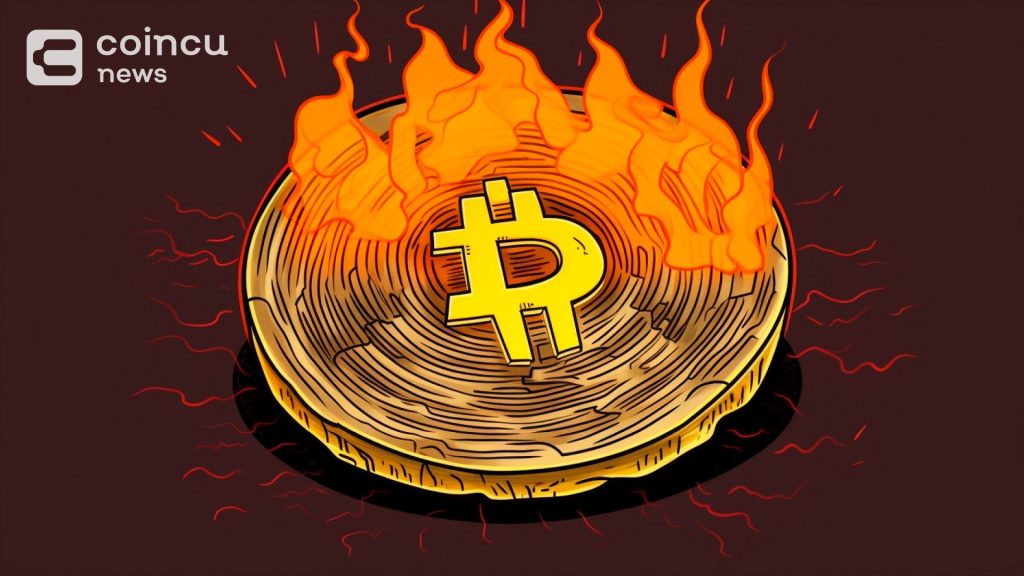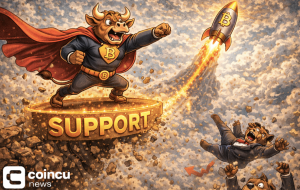Spot Bitcoin ETF Outflow Reached $55 Million Admist Market Panic
Key Points:
- US Bitcoin ETFs outflow hits $55 million on a gloomy market day.
- Despite market volatility, Hong Kong may approve ETFs investing in Bitcoin and Ethereum soon.
- The crypto market remains uneasy following Bitcoin’s drop to $65,000, resulting in a $920 million liquidation.
In recent market movements, data from HODL15Capital revealed a notable shift in the US Bitcoin spot ETF landscape.

Read more: Bitcoin Spot ETF vs Futures ETF: Differences To Make The Right Investment Choice
US Bitcoin ETF Outflow Recorded With GBTC Constituting Weight
Yesterday, the Bitcoin ETF outflow amounted to $55 million. Among the key players, Grayscale’s GBTC faced a significant net outflow of $166 million, while BlackRock’s IBIT saw a contrasting net inflow of $111 million. Fidelity’s FBTC remained neutral with a net inflow/outflow of zero.
The departure of assets from Grayscale Investment’s spot Bitcoin ETF peaked at $166 million, reflecting a trend of net outflows since its conversion to an ETF on January 11th. This exodus was somewhat anticipated, partly due to GBTC’s higher fee of 1.5% compared to competitors’ offerings.
Friday’s Bitcoin ETF outflow from GBTC was counterbalanced by significant inflows into BlackRock, amounting to $111.4 million. This shift indicates a potential investor preference for BlackRock’s ETF, possibly due to perceived advantages or evolving market dynamics.
Bitcoin Drop Triggers $920M Liquidation
While the Bitcoin ETF outflow isn’t particularly exceptional, market sentiment remains jittery following Bitcoin’s dip to $65,000, resulting in a crypto market liquidation of $920 million.
On a positive note, there are indications that Hong Kong might approve exchange-traded funds directly investing in Bitcoin and Ether as soon as Monday, signaling a potential milestone for mainstream cryptocurrency acceptance and investment.
| DISCLAIMER: The information on this website is provided as general market commentary and does not constitute investment advice. We encourage you to do your own research before investing. |





















